So here you are, in those final days before a marathon, caught between excitement and nerves.
“Okay, I’ve made it through weeks of marathon training…now I just need to nail the nutrition.” 😅
But then the questions start popping up:
➡️ Should I carbo-load? 🤔 How much?
➡️ What about protein?
➡️ What do I eat on race morning?
➡️ What if I hit the wall?
You’ve heard all kinds of advice, but what’s actually going to work for you?
The countdown is on, and you’re laser-focused: crossing that finish line strong.
You want energy that lasts, no stomach issues, and zero regrets about what you ate (or didn’t eat).
Sound familiar? You’re not alone.
What to eat before a marathon can feel overwhelming…but don’t worry, I’ve got you.
Let’s talk about it: what to eat, drink, and avoid in the days before your marathon.
Because with the right fuel, you’ll have the energy to push through (even that wall!) when it counts.
📝 Quick note! I’m sharing what I’ve learned from reputable sources and from my own experience as a marathon runner. But this isn’t medical or nutrition advice. Definitely check in with a healthcare pro for guidance that’s right for you.
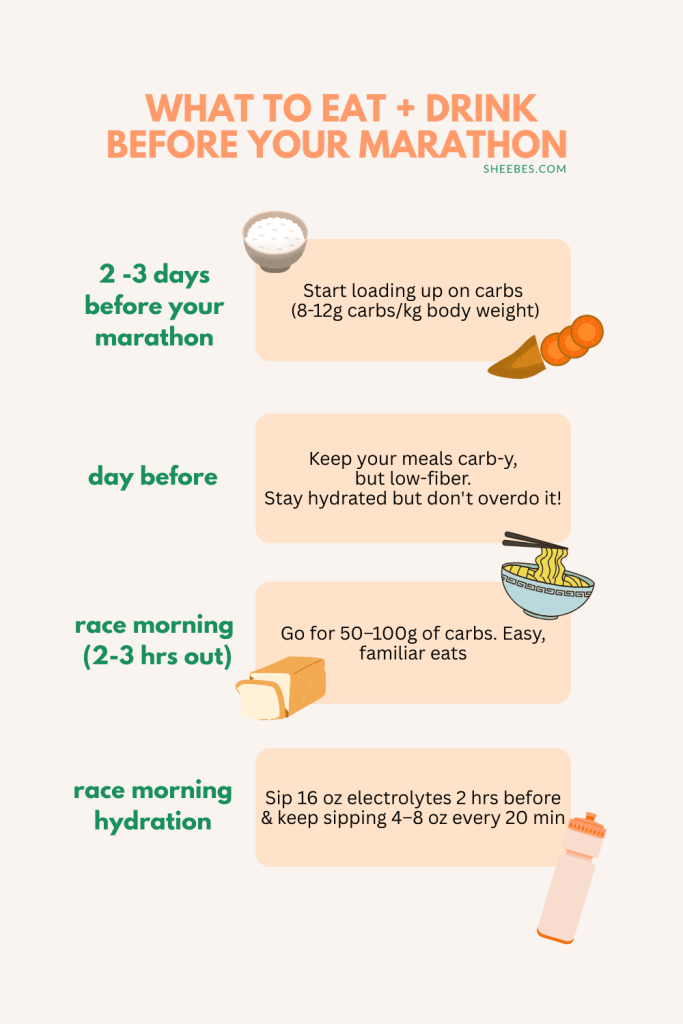
Carb-Loading: Practice Makes Perfect
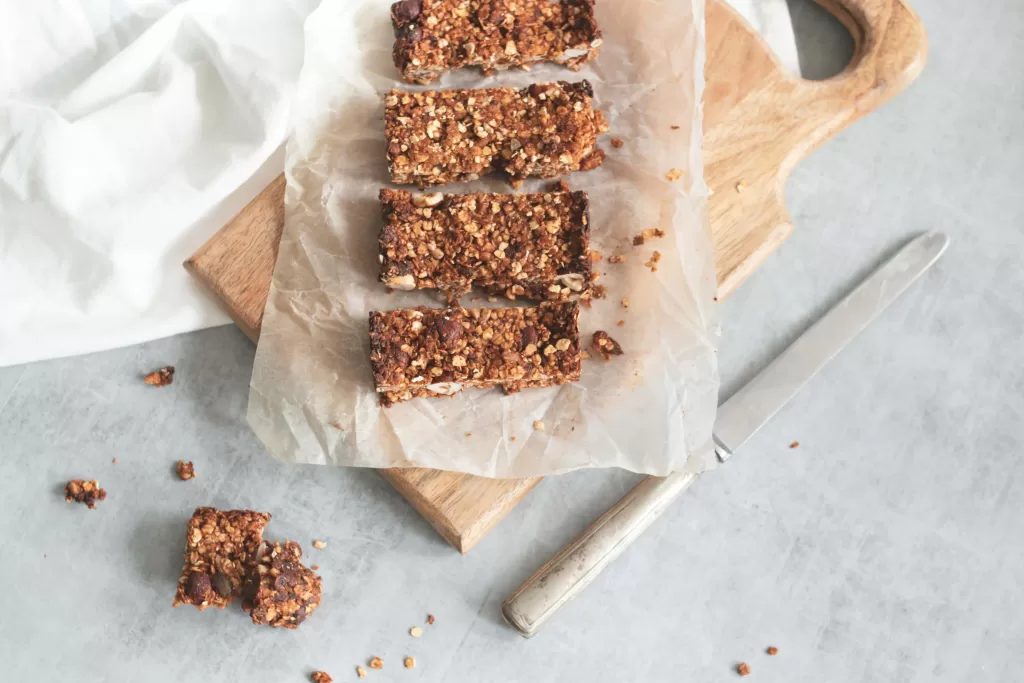
Carb-loading isn’t just an excuse to eat pasta (or bread! Rice! Noodles!) for every meal. 🍝
You’re also giving your muscles extra fuel to stash away as glycogen (that’s your body’s main energy source for endurance).
This stored glycogen? It kicks in so you have energy when the miles get long. (Mueller et al., n.d.)
⚙️ How it works
📌 Wait…what about fat? Isn’t that fuel too? The TL;DR on fat vs. carbs
Yep! Your body can use fat for energy, especially during slower runs.
But when the pace picks up or you’re pushing through mile 20? Carbs are the MVPs. Quick, efficient, and your muscles love ’em.
✅ Practice makes perfect
2 – 3 days before your marathon: Your carb-loading game plan
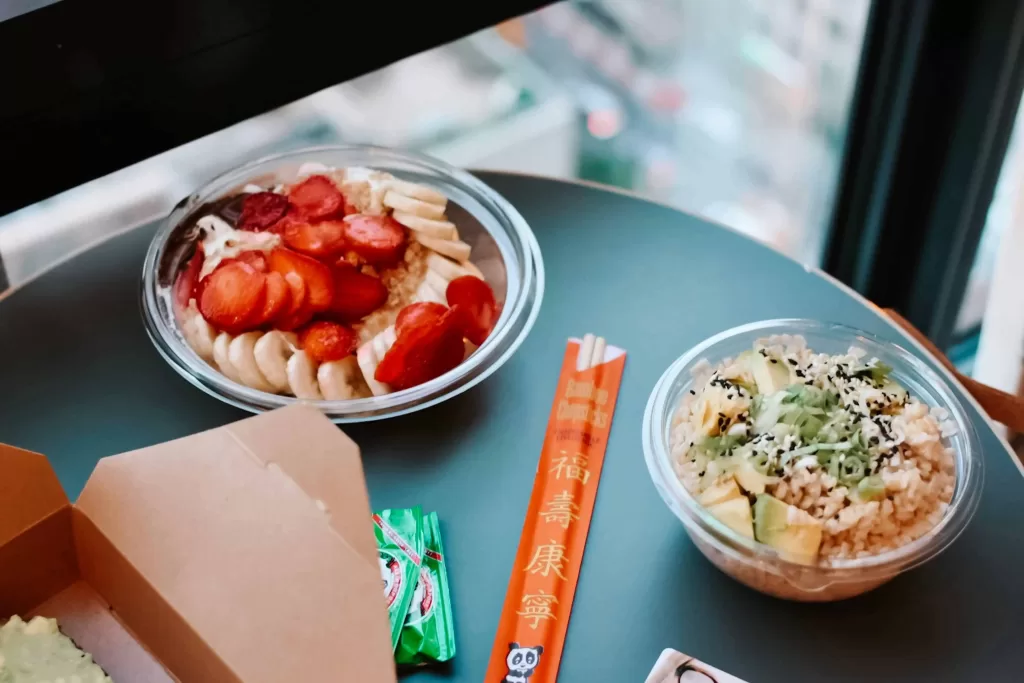
⏰ Timing matters
🍚 What to eat
⚖️ How much
Hydration for marathoners: Don’t wait until you’re thirsty! (Covertino et al, 1996)
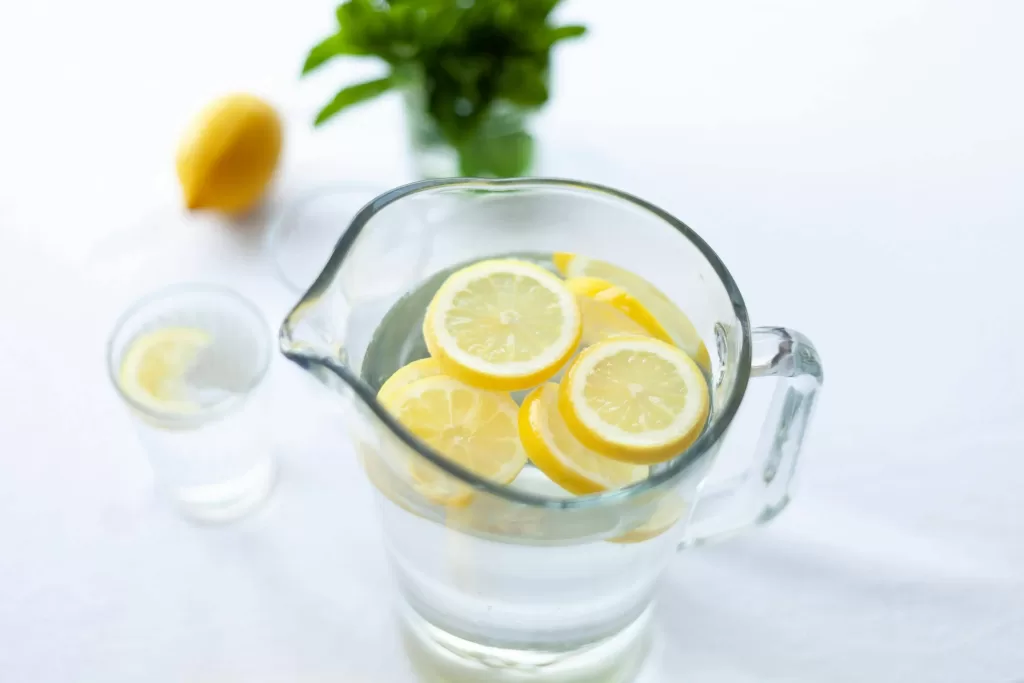
That’s actually your body’s way of saying, “Hey, I’m already behind!”
Being dehydrated can mess with your performance. If you stay on top of hydration, you’ll feel less fatigued, fewer cramps, and have more energy.
Hydration isn’t something you can leave to chance on race day.
📌 Practice makes perfect. Use your long training runs to dial in your hydration strategy so that on race day, your body knows exactly what to expect.
How to practice your hydration strategy
Before your long run: Start hydration early!
⏰ 4 hours before
- ✅ Drink 16-24 oz of water with electrolytes (think: sports drinks or electrolyte tablets).
- ➡️ Why? It helps your body hold onto fluids, so you’re not starting behind the hydration game.
⏰ 2 hours before
- ✅ Drink 8-16 oz of an electrolyte drink to top off your hydration without overloading your stomach.
- ➡️ Why this range? It’ll prevent any stomach sloshing and mid-run bathroom stops.
During your long run: Keep sipping!
⏰Every 15-20 minutes
- 💧Sip on 4-8 oz of fluid with 200-300 mg of sodium (adjust this based on how much you sweat and how hot it is). That’s about one electrolyte tablet or a small pinch of salt stirred into your drink.
- For heavy sweaters: If you’re a big sweater, you might need fluids of up to 32 oz/hour.
After your run
⏰ Within 30 minutes
- 🔄 Rehydrate with 16-24 oz of water and add 500-1,000 mg of sodium (hello, electrolyte tablets or salty snacks).
Why this practice matters
When you stick to the same hydration routine during your long runs, you’re teaching your body exactly what to expect on race day.
That way, there’s no surprises and less worries! Keep practicing and you’ll feel like you’ve got this down to a science.
Pre-marathon hydration quick tip checklist
Practice these during training to dial in your hydration strategy, so you’re all set when race day arrives.
📝 Hydration checklist
⚠️ Hyponatremia heads up: If you drink too much plain water without balancing it with sodium, it can dilute your blood sodium levels, which can lead to hyponatremia. Keep those electrolytes in check!
The day before: keep it simple, keep it familiar
The day before your marathon, don’t stress about trying anything new and avoid anything that might mess with your stomach.
Keep it simple! High-carb, low-fiber.
Load up on carbs ~8-12g carbs per kg of body weight spread across meals (and snacks!) You don’t need to obsessively track every gram, but having a ballpark helps.
Some good carb-y snack options:
- Dried fruit
- Mochi with red bean paste
- Roasted sweet potatoes
- Baked potato with greek yogurt
- Ginger molasses granola
- Kimchi rice ball
And meal carb-y options
- Chicken fried rice with veggies + eggs
- Bison meatballs with marinara sauce
- Shanghai cold noodles
Hydration: Don’t go overboard
You’ve been hydrating all week, so no need to chug a gallon of water before bed. Sip, don’t drown. You’ll thank me at 3 a.m. 🛌
Marathon race day: fuel up, but keep it light
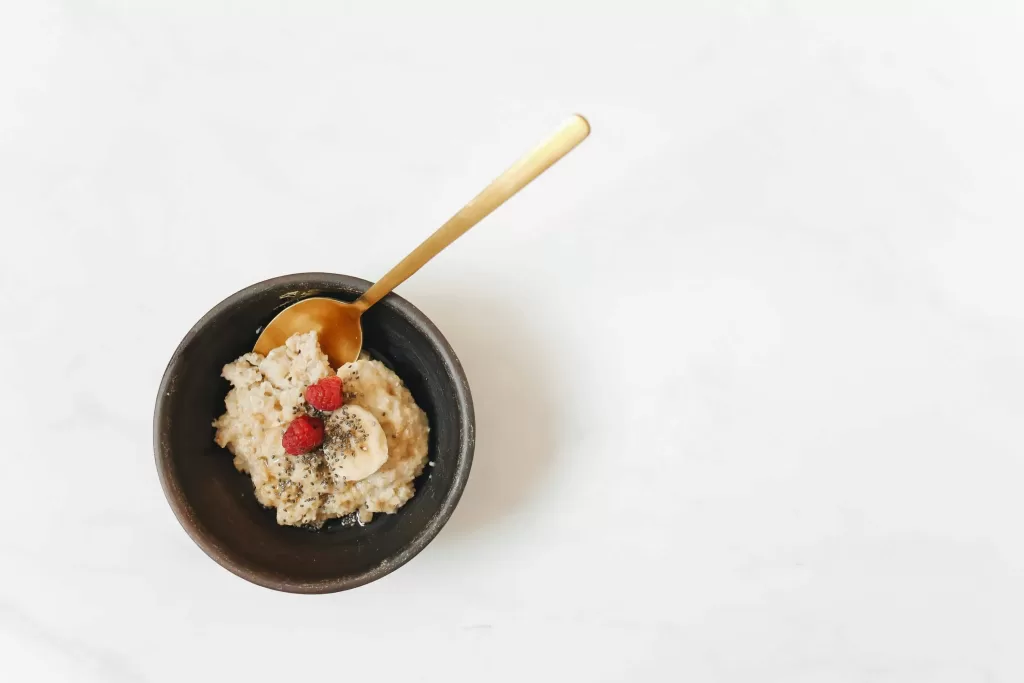
🍽 Pre-race breakfast: keep it familiar
💧 Hydration: sip, don’t chug
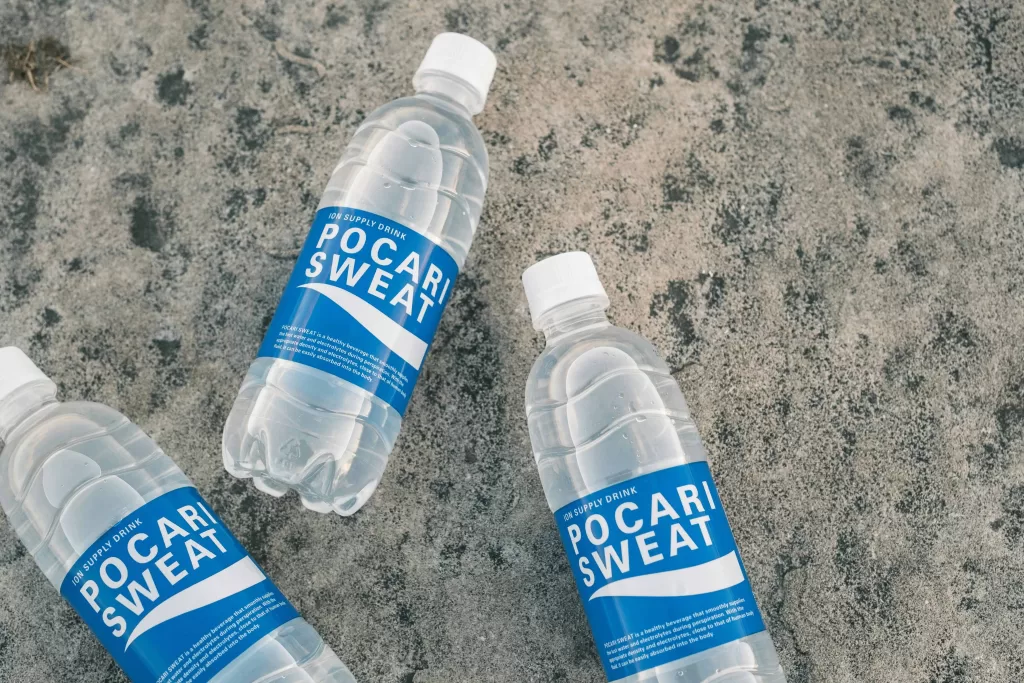
⚠️ Heads up on hyponatremia: If you drink too much plain water without the sodium to balance it out, you can mess with your blood sodium levels.
This could lead to hyponatremia. So, skip the plain water and aim for 500-1,000mg of sodium per liter in your drink.
Keep those electrolytes in check!
You’ve got this: Let’s go 💨
The secret sauce to marathon nutrition? It’s not just what you eat—it’s having a plan that works for your body.
Those long runs? They weren’t just for building endurance.
They were your personal fuel-testing lab. So now? It’s go time.
✨ Stick with what works! No surprise snacks on race day
✨ Carbs = your go-to fuel
✨ Hydration matters (electrolytes too, not just plain water)
✨Your body’s smart…listen to it
You’ve put in the miles. You’ve tested the fuel.
Now trust it, roll with it, and soak it all in. You’re ready. 🏁